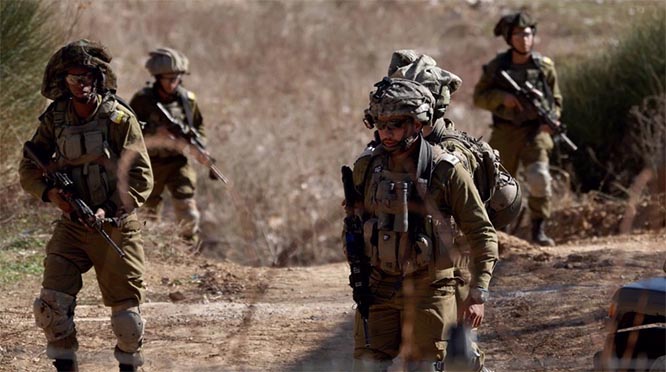Qatar says its ambassador will return to Tehran more than 20 months after he was recalled in protest over the ransacking of Saudi Arabia's missions by protesters angry at Riyadh's execution of a prominent Shia Muslim cleric.

In a statement released on Thursday, the Qatari foreign ministry said its ambassador would "return to resume his diplomatic duties", as Doha wanted to strengthen ties in all fields with the Islamic republic.
The information office did not specify an exact date for the ambassador's return - or provide his name - but said Qatari Foreign Minister Sheikh Mohammed bin Abdulrahman Al Thani discussed "bilateral relations and means of boosting and developing them" in a telephone call with his Iranian counterpart Javad Zarif.
The decision to restore ties with Iran comes amid a diplomatic dispute between Qatar and several Arab countries, including Saudi Arabia, the UAE, Egypt and Bahrain.
They accuse Doha of meddling in the internal affairs of other countries and financing terrorism - a charge Qatar has dismissed as "baseless".
'A different direction'
Qatar recalled its ambassador to Tehran in January last year after Saudi Arabia cut ties with the Islamic Republic, accusing Iran of failing to protect its embassy in the capital and consulate in Mashahd against protesters who had ransacked them.
Demonstrators stormed the Saudi Embassy in Tehran over the kingdom’s execution of Sheikh Nimr al-Nimr, a Shia leader who had rallied anti-government protests in the kingdom's eastern province.
Saudi Arabia said the execution was justified as part of its "war on terrorism".
Kristian Coates Ulrichsen, a research fellow at the James A. Baker III Institute for Public Policy at Rice University said the decision to install the ambassador shows Qatar is prepared "to go in a different direction".
"It could very well be calculated toward reinforcing the point that Qatar will not bow to this regional pressure placed upon it," she told the AP news agency.
Qatar, which is dependent on food imports, imported the vast majority of its food from its Arab Gulf neighbours before they imposed a punishing trade and travel blockade.
Since June 11, Doha has been receiving fresh food supplies from the Iran, which has also allowed Qatar's national carrier to use its airspace.






Comments
Add new comment